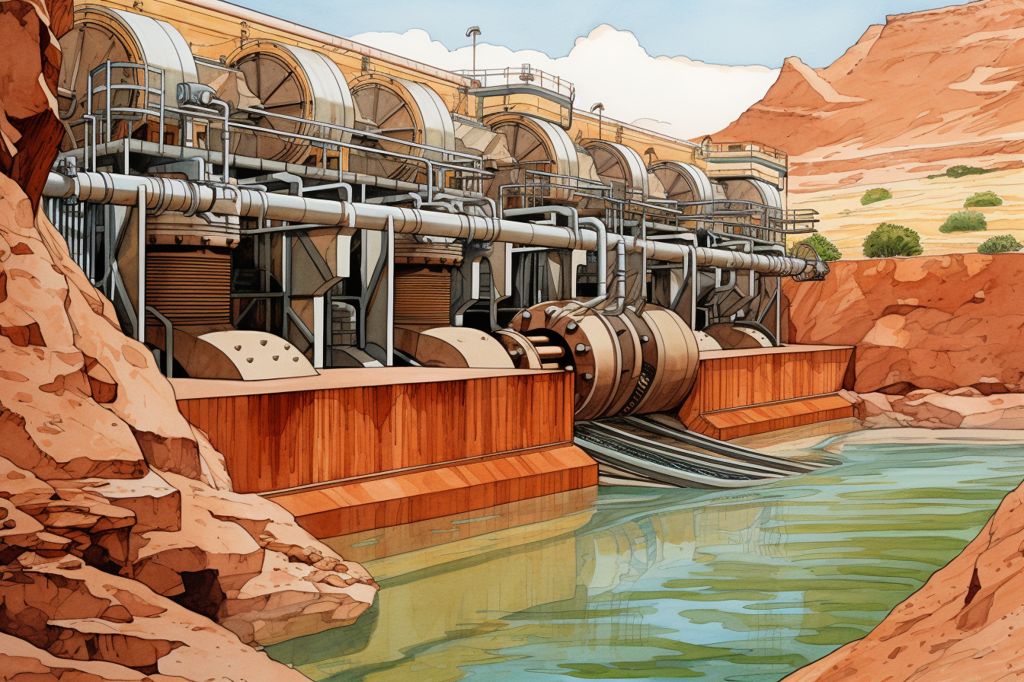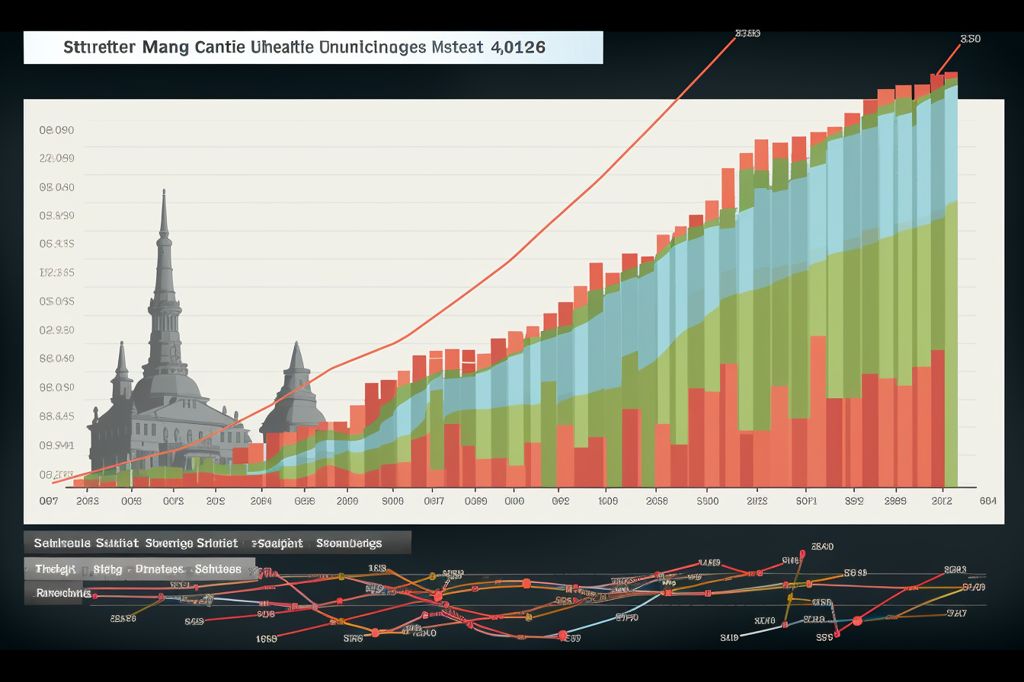In 2023, Western Cape’s MEC of Finance and Economic Opportunities, Mireille Wenger, launched Tourism Month in Plettenberg Bay. The event highlighted the significance of the tourism and hospitality industries in the region, which generate R15.5 billion in revenue and support 174,000 direct jobs, according to 2019 data.
Commitment to Sustainable Tourism
Plettenberg Bay, a coastal town in South Africa, has recently been accredited as one of only seven Whale Heritage Sites worldwide. This recognition celebrates destinations where coastal communities collaborate to protect and celebrate cetaceans and their habitats.
The accreditation is expected to boost tourism and emphasize the importance of preserving natural resources for future generations. The Whale Heritage Site’s accreditation was achieved through the cooperation of diverse stakeholders, including marine scientists, conservation organizations, local whale boat operators, the Mayor’s office, and Plett Tourism.
Economic Impact
The Nedbank Green Trust and the WWF conducted an economic impact assessment of Plett’s whale-boat sector and calculated that it generates R371 million annually across the town’s tourism value chain, including accommodations, restaurants, tour operators, and local curios. This contribution reflects Plett’s dedication to sustainable tourism and nature conservation.
Tourism Growth for Jobs
Tourism growth aligns with the Western Cape Government’s new economic action plan, “Growth for Jobs,” as it focuses on attracting more tourists and providing more employment opportunities. MEC Wenger encourages local, domestic, and international visitors to explore the Western Cape during Tourism Month, offering an array of leisure, cultural, and culinary experiences that celebrate the region’s rich history and bright future.
By enjoying the Western Cape and its offerings, visitors support the growth of the local economy and job market, contributing to a better tomorrow for the entire province. Plettenberg Bay’s recent accreditation as a Whale Heritage Site exemplifies its dedication to offering tourists an unforgettable experience while emphasizing the importance of environmental conservation.
Collaborative Spirit
The involvement of numerous stakeholders in this achievement highlights the collaborative spirit that drives the tourism industry in the Western Cape. Embracing this combination of tourism growth and sustainability ensures a thriving future for Plettenberg Bay and the Western Cape as a whole.








